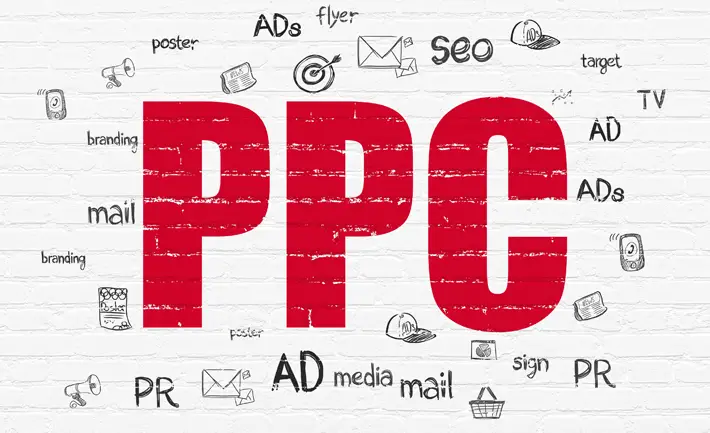5 PPC Mistakes To Avoid For Better Results

Pay-per-click (PPC) advertising is a popular method for businesses to drive traffic to their website and increase conversions. While PPC can be an effective tool for digital marketing, it’s not always easy to get right. Many businesses make common mistakes that can negatively impact their results. In this article, we’ll explore 5 PPC mistakes to avoid for better results.
1- Not Defining Goals and KPIs
According to PPC Geeks, “one of the most significant mistakes businesses make with PPC advertising is not defining clear goals and key performance indicators (KPIs).” Without these, it’s impossible to measure the success of a campaign or make data-driven decisions. Some examples of goals and KPIs to consider include:
● Conversion rate: the proportion of visitors who carry out a specific action, such as buying a product or submitting a contact form.
● Cost per click (CPC): the amount of money spent on each click.
● Return on ad spend (ROAS): the revenue earned for each dollar spent on advertising.
When setting goals and KPIs, it’s important to be realistic and align them with your overall marketing strategy. Additionally, regularly reviewing and adjusting goals and KPIs based on performance can help optimise campaigns and maximise results.
2- Not Conducting Adequate Keyword Research
PPC campaigns rely heavily on keywords, which are the search terms users enter into search engines like Google. It’s crucial to conduct thorough keyword research to identify the most relevant and effective keywords for your target audience. This includes considering factors like search volume, competition, and user intent.
Additionally, businesses should avoid broad-match keywords, which can lead to irrelevant clicks and wasted ad spending. Instead, use more specific match types like phrase match or exact match to ensure ads are only shown to users searching for the specific keywords targeted in the campaign.
3- Neglecting Ad Copy and Landing Pages
PPC campaigns should be carefully crafted to entice users to click and ultimately convert. This includes creating compelling ad copy that highlights unique selling propositions and addresses pain points. Neglecting ad copy can result in low click-through rates (CTR) and poor ad performance.
Additionally, landing pages should be optimised for the specific ad campaign and feature a clear call to action (CTA). Poorly optimised landing pages can lead to high bounce rates and lost conversions.
4- Not Using Negative Keywords
Negative keywords are search terms that businesses want to exclude from their PPC campaigns. By identifying and excluding negative keywords, businesses can ensure their ads are only shown to users who are likely to convert. For example, a law firm might exclude terms like “free legal advice” to avoid attracting users looking for free services.
Neglecting negative keywords can result in wasted ad spend and low conversion rates. Regularly reviewing and updating negative keywords can help improve campaign performance and maximise ROI.
5- Failing to Monitor and Optimise Campaigns
PPC campaigns require ongoing monitoring and optimization to maximise results. This includes reviewing metrics like CTR, conversion rate, and ROAS to identify areas for improvement. Additionally, businesses should regularly test and adjust ad copy, landing pages, and targeting to optimise campaigns over time.
Failing to monitor and optimise campaigns can lead to missed opportunities and wasted ad spending. By regularly reviewing and making data-driven decisions, businesses can improve the performance of their PPC campaigns and achieve better results.
Conclusion
PPC advertising can be a powerful tool for businesses to drive traffic and increase conversions. However, it’s important to avoid common mistakes that can negatively impact results. By defining clear goals and KPIs, conducting adequate keyword research, crafting compelling ad copy and landing pages, using negative keywords, and monitoring and optimising campaigns, businesses can achieve better results and maximise ROI from their PPC advertising efforts.










